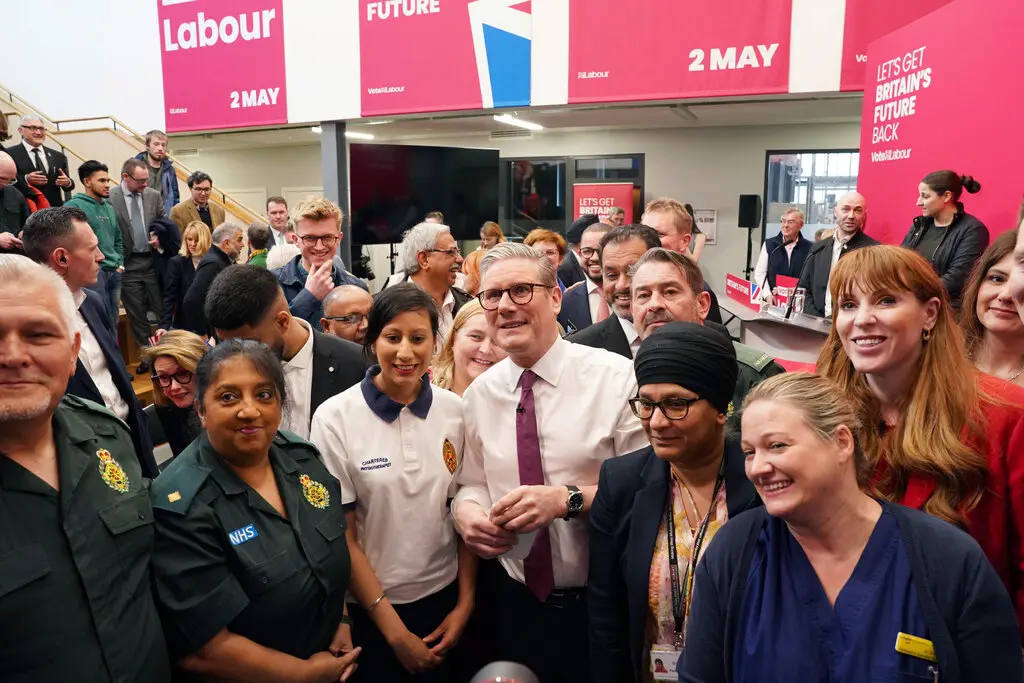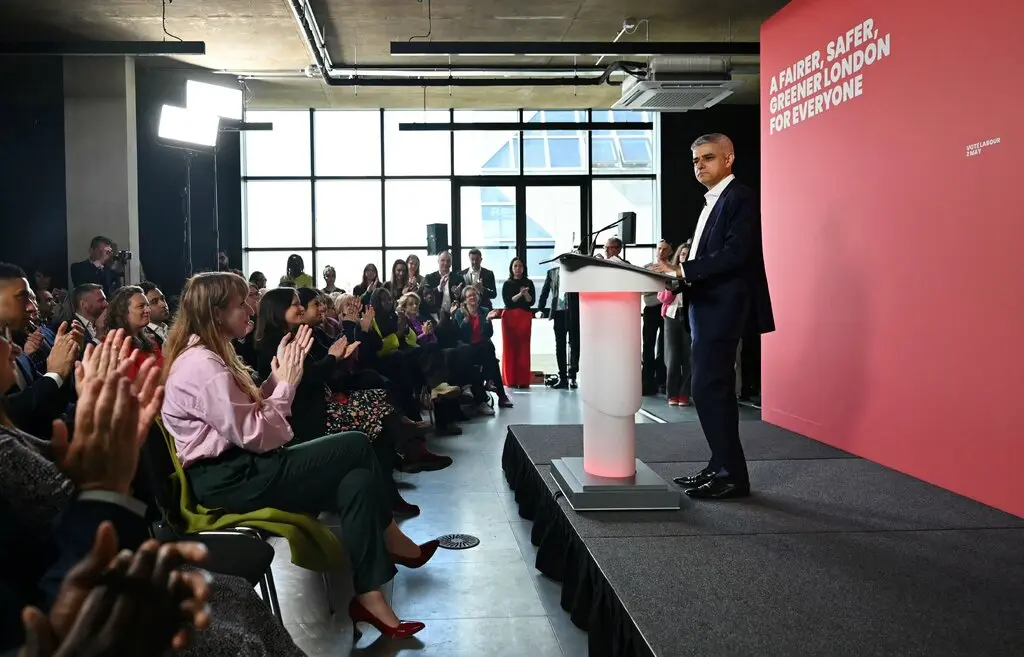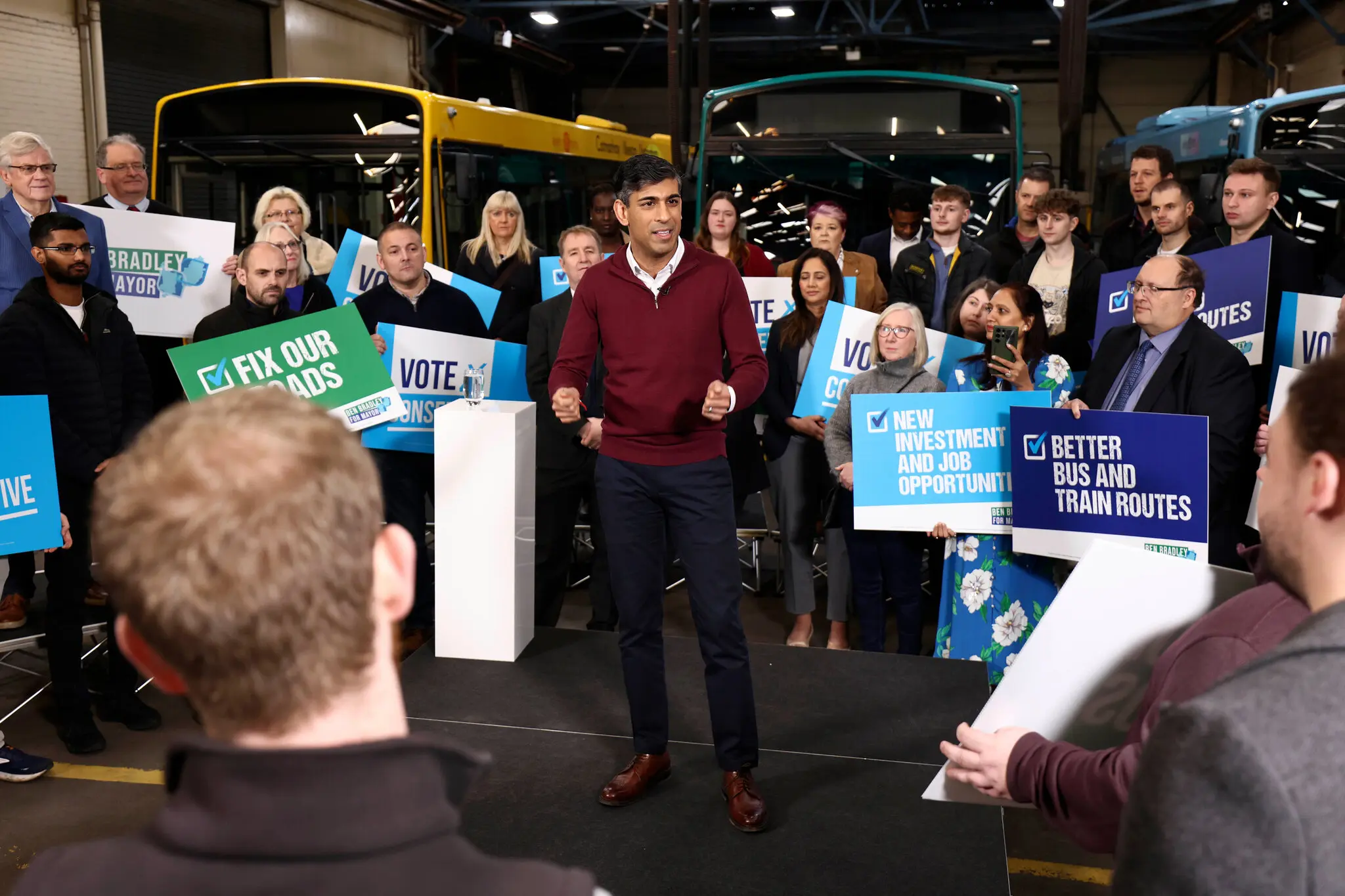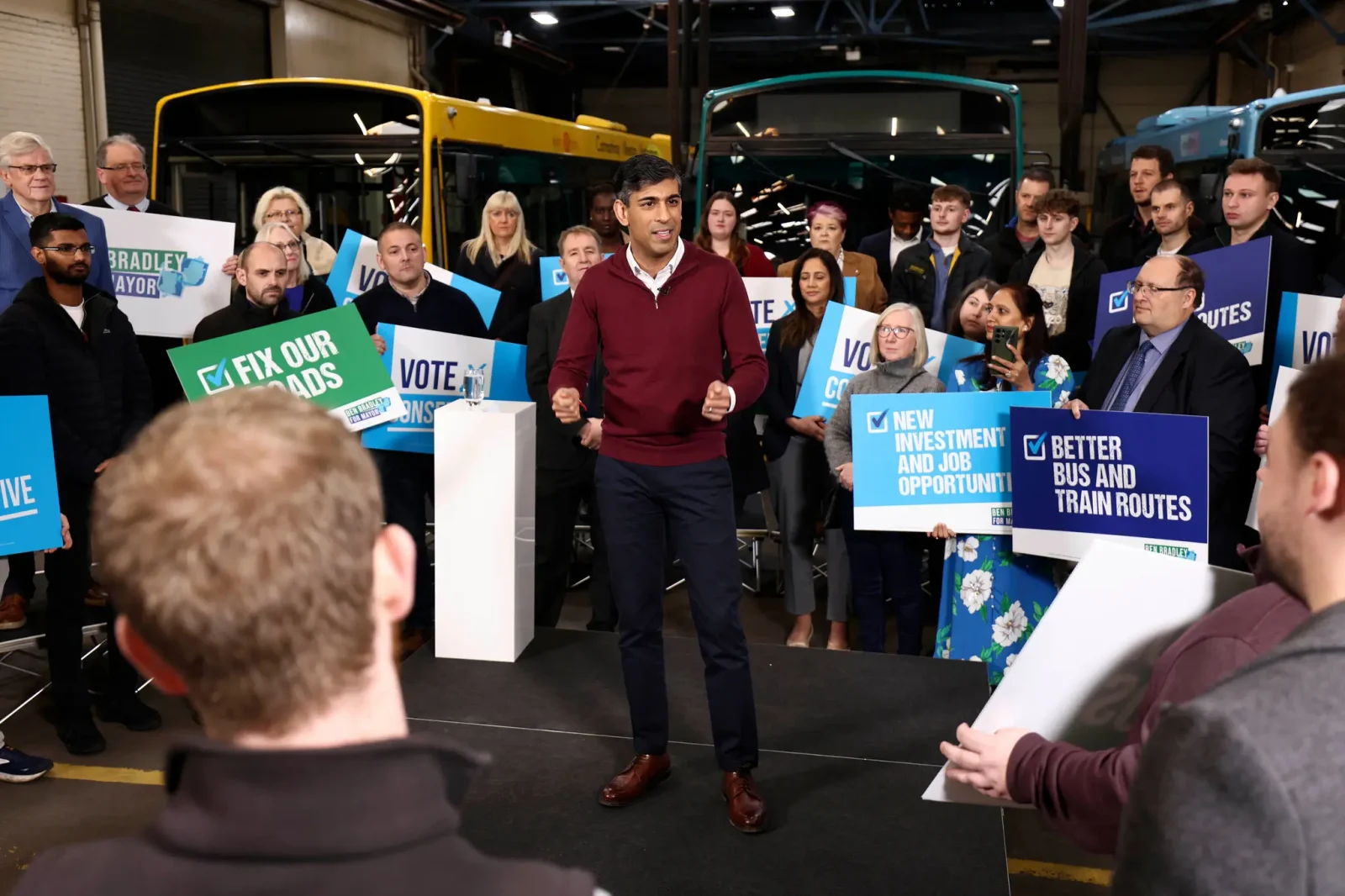In the upcoming local elections in England and Wales, voters are poised to select their representatives for mayoral, council, and police commissioner positions.
While these elections typically revolve around local issues like infrastructure and public safety, they carry broader implications, offering valuable insights into the political sphere leading up to the impending general election.
Significance of Voter Sentiments and Electoral Trends Ahead of the General Election
Why the Focus on Local Elections?

Local elections serve as a microcosm of broader public sentiment, providing a vision into the electorate’s leanings and preferences.
For Prime Minister Rishi Sunak’s Conservative Party, the stakes are high, as these elections may serve as a litmus test for their prospects in the upcoming general election, expected later this year.
Facing stiff competition from the opposition Labour Party, led by Keir Starmer, the Conservatives are striving to maintain their foothold amidst mounting discontent after 14 years in power.
With Labour consistently leading in national opinion polls, the outcome of these local elections could shed light on the Conservatives’ ability to retain power in the face of formidable opposition.
What to Watch For

The local elections encompass a diverse array of contests across England and Wales, including mayoral races in major metropolitan areas. Analysts will be closely monitoring the extent of Labour’s advances and assessing the Conservatives’ potential setbacks.
Moreover, these elections serve as a testing ground for new voting regulations introduced under the Elections Act of 2022.
With the implementation of mandatory photo identification and changes to voting procedures for mayoral and police commissioner races, the electoral sphere has undergone notable transformations.
Key Players and Issues
Labour and the Conservatives are the primary contenders nationwide, with the Liberal Democrats and the Green Party also vying for electoral success. Notably, Reform UK, spearheaded by Brexit advocate Nigel Farage, emerges as a rising force in the political arena.

The highest-profile candidates include incumbent mayors such as Sadiq Khan, Ben Houchen, and Andy Street, whose performances may significantly impact their respective parties’ standings.
Meanwhile, voters’ concerns regarding the economy, healthcare, and immigration are poised to shape electoral outcomes, amidst the backdrop of evolving local dynamics.
Anticipated Results and Timeline

While local elections in Britain are notoriously unpredictable, projections suggest potential challenges for the Conservatives, with estimates indicating possible losses of up to 500 council seats.
The outcome of these elections, coupled with the performance of key mayoral incumbents, is expected to offer valuable insights into the trajectory of British politics leading up to the general election.
The results will be announced progressively, with some tallies expected as early as Friday, while others may extend into Saturday afternoon.
As the electoral saga unfolds, observers await eagerly for cues on the shifting political sphere and its ramifications for the future governance of England and Wales.







Leave a Reply